

Matt Campbell
2025 Porsche 911 Carrera T review
5 Days Ago
Ahead of the new Range Rover Sport SV’s arrival, we ride shotgun in a development prototype with the man responsible for how it drives.
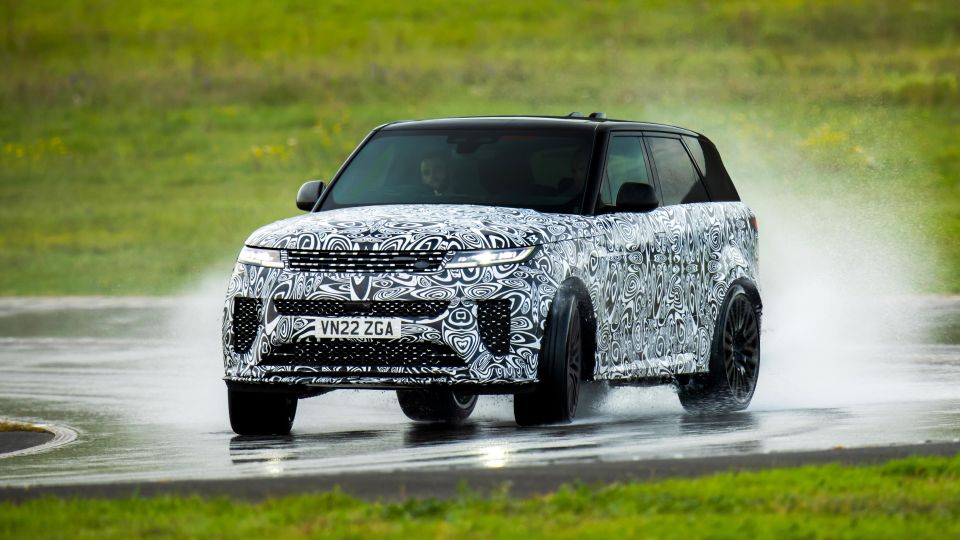
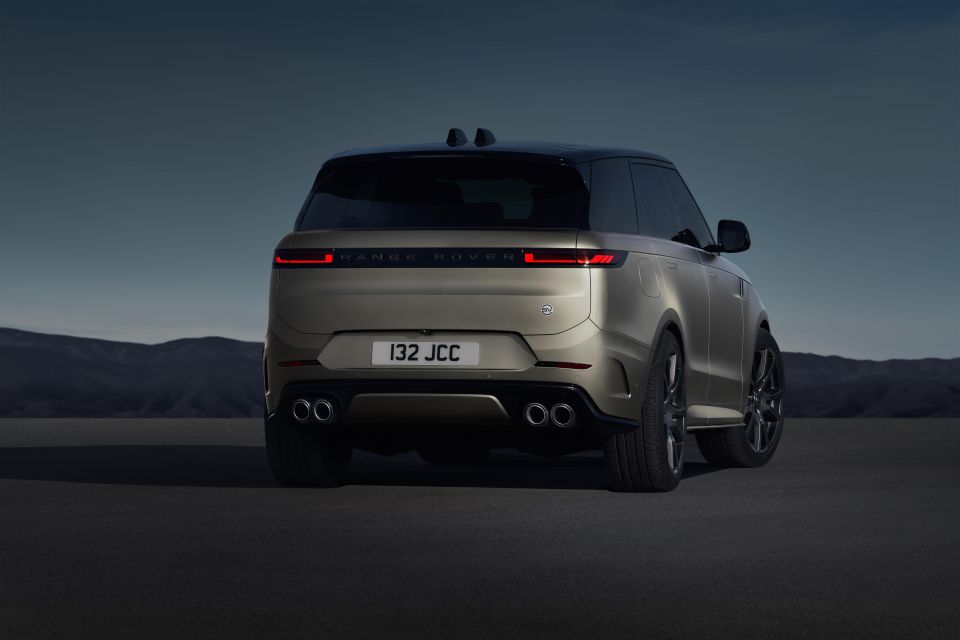

Quickly see how this car stacks up against its competition. Select any benchmark to see more details.
Where expert car reviews meet expert car buying – CarExpert gives you trusted advice, personalised service and real savings on your next new car.
High-performance SUVs are increasingly common these days, with sports car brands such as Lotus, Ferrari and Lamborghini all keen to get in on the act and hoover up some extra profit.

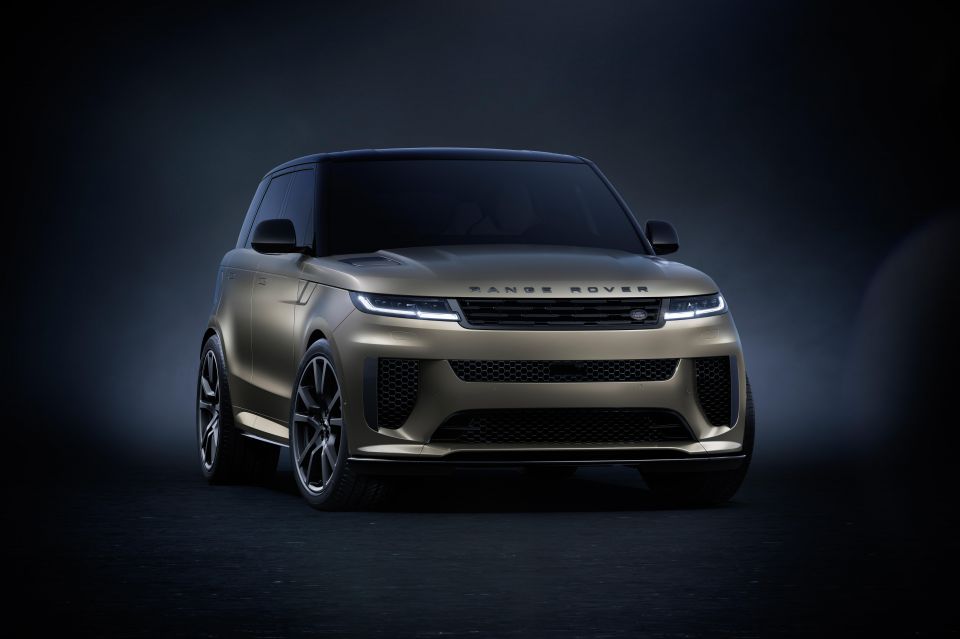
These sporty SUVs come in all size categories too. Jaguar Land Rover’s (JLR) latest offering is the 2024 Range Rover Sport SV, carrying on where the SVR left off.
We have already seen what the Range Rover Sport SV looks like, but our passenger ride-along in one of the final development cars took place prior to the covers being pulled back, so it’s still wearing its dazzling camouflage disguise in these pictures.
Unlike some development mules, this is a near-production-ready vehicle, with an interior that reflects that of the show car we were shown earlier that day. It’s a tasteful cabin, with plenty of details to differentiate it from lesser models in the Range Rover Sport line-up.
A new SV-style steering wheel is accompanied by transparent paddle shifters illuminated from within, with red plus and minus symbols. The curved touchscreen provides SV-specific menus, and there are new sports seats. They look good, even from the perspective of the rear passengers thanks to stylish carbon-fibre backs.
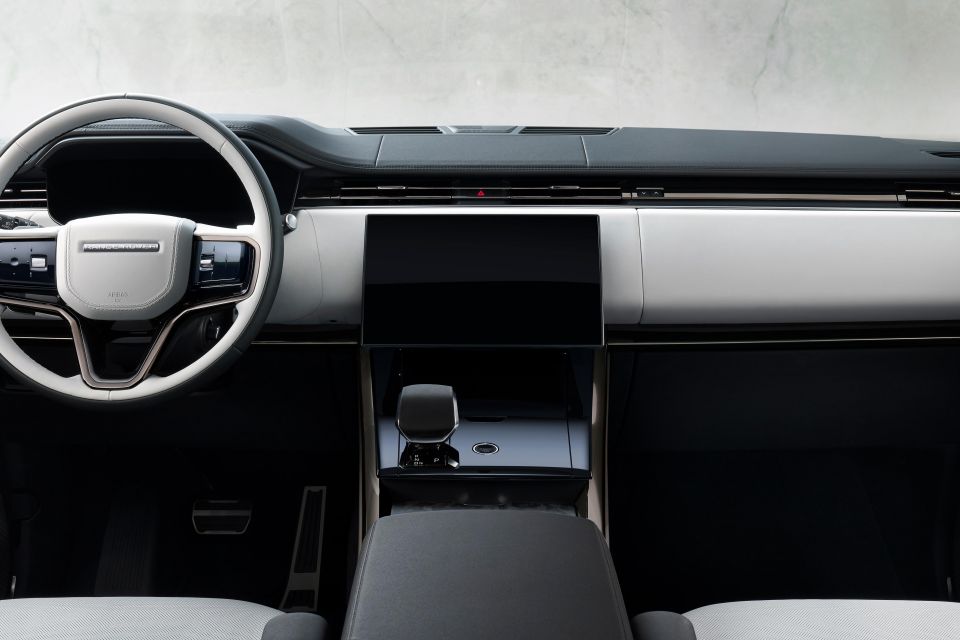
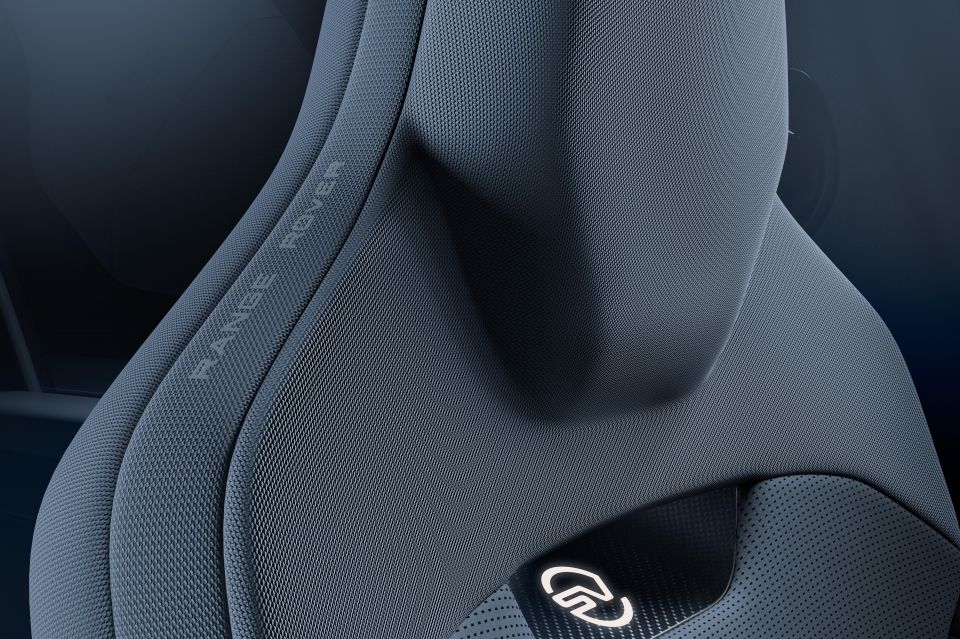
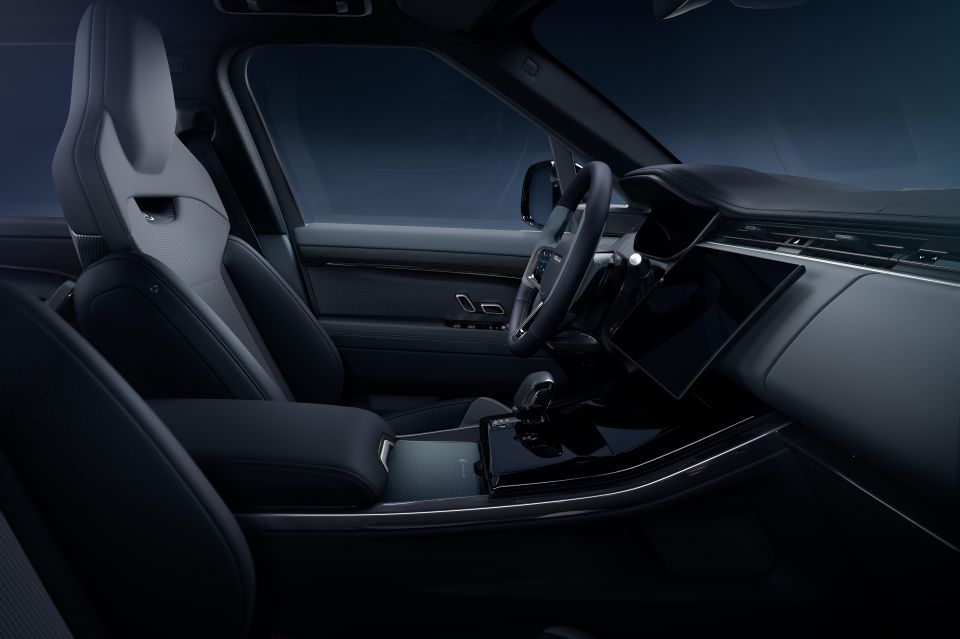
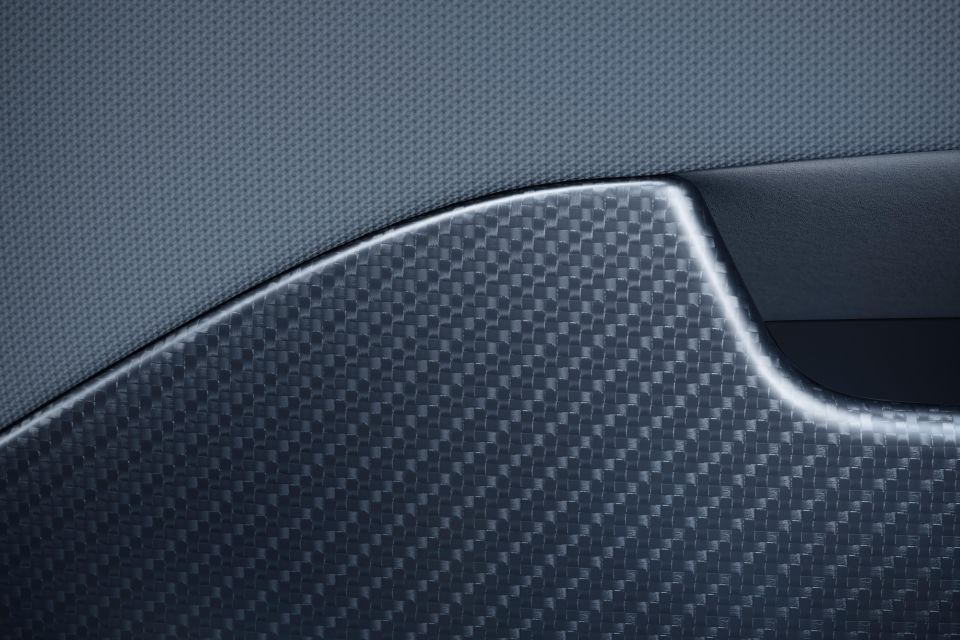
Inside the seats – besides the usual heating and safety components – is an optional vibro-acoustic package that uses specific vibrations linked to the music playing to give the driver and front passenger a more immersive entertainment experience.
They go beyond the sensation of sitting on a booming bass drum (it’s a little more scientific than that, we’re told) and according to experts, the frequencies can also be used to stave off driver tiredness. We’re not entirely convinced it’s something we need in our life.
Behind the wheel is Ross Restell, who is ultimately responsible for how the Range Rover Sport SV drives. He’s the vehicle dynamics manager for JLR’s Special Vehicle Operations (SVO). As we take to the expansive proving ground at the company’s headquarters at Gaydon in the UK, Restell explains how this car has been almost five years in development.
That included six months in the driving simulator purely focusing on tuning the car’s roll centre, while his colleagues completed thousands of laps of the Nürburgring Nordschleife circuit in Germany to hone the SV’s handling.
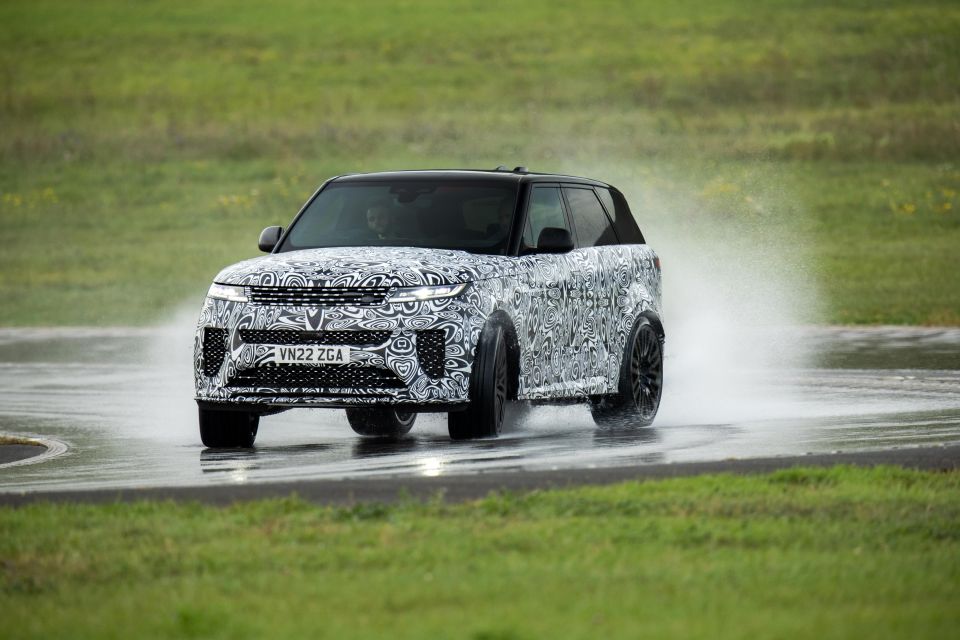
A key target for the SV was retaining the everyday usability of a Range Rover while maximising its performance potential.
It had to meet ambitious targets set by the SVO team, including just 2.5 degrees of roll during 1G of lateral acceleration. Yet, it’s still rated to tow 3500kg and has the usual smorgasbord of off-road modes should the mood take you.
Minus that camouflage it’s got a strong look, with a bespoke front bumper design that’s as much about optimising aero as it is feeding a steady supply of air to the engine and brakes.
The latter use massive eight-piston calipers up front with a plus-shape pattern that Brembo has developed for JLR. They are available with a selection of iron or carbon-ceramic rotors and fill up the space behind the massive 23-inch carbon-fibre wheels, developed by Australian firm Carbon Revolution, no less.
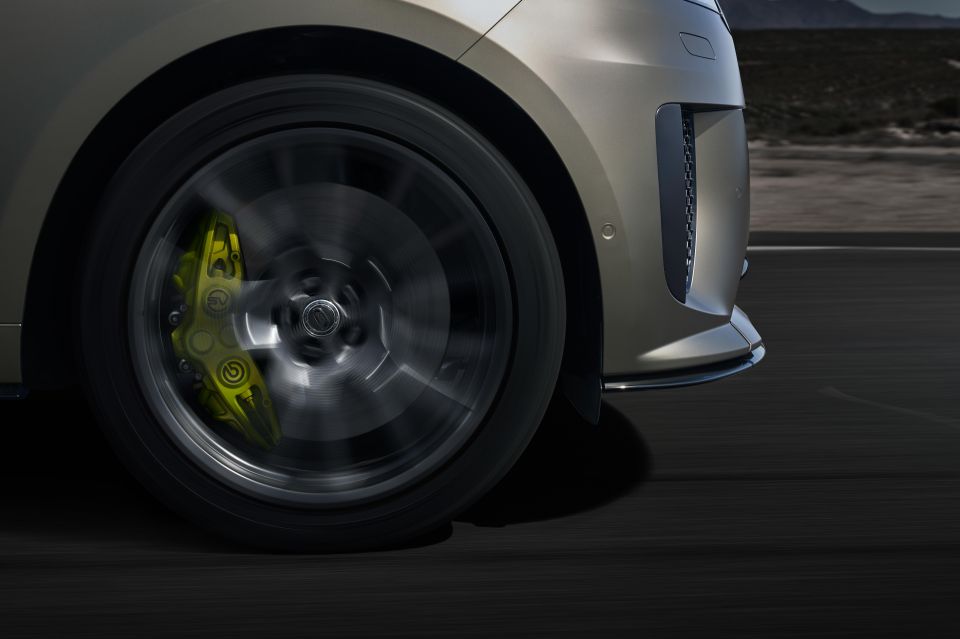
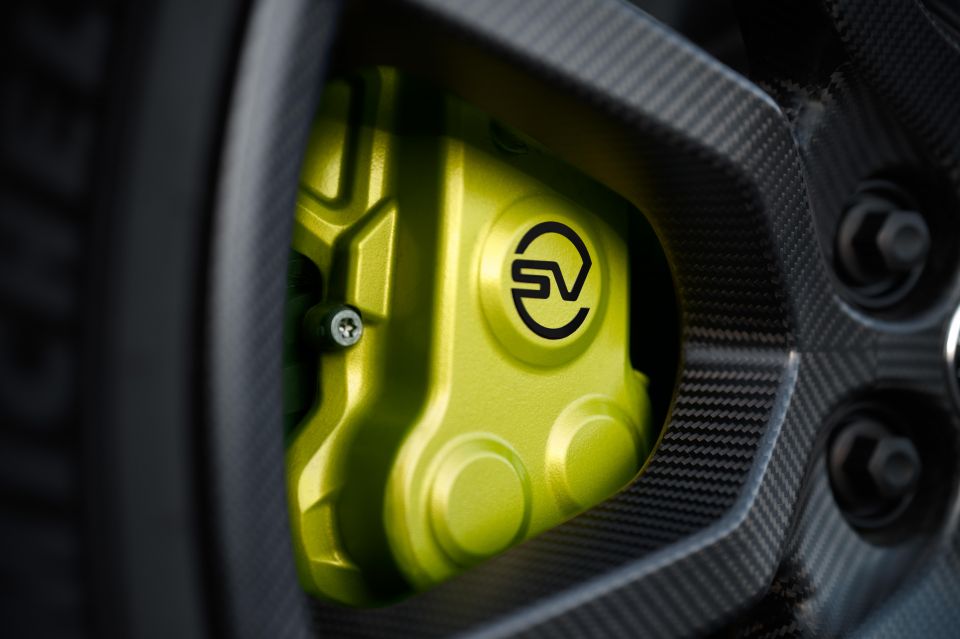
Besides looking gorgeous, they provide a 35.6kg weight reduction over similarly-sized cast alloy wheels. That reduction in rotating mass affects the handling and steering, something the chassis team considered carefully during development.
A crucial part of that chassis setup is the ‘6D Dynamics’ system, which foregoes traditional mechanical anti-roll bars in favour of a dual-circuit hydraulic design operating at 53 bar to control the roll and pitch of the vehicle.
In its comfort setting, the ride is every bit as luxurious as the SV’s expected price would indicate, and as we cruise down a high-speed section to simulate highway driving it’s clear that this is a car you could happily spend hours driving between cities.
Through the fast curves of the circuit there is an appropriate amount of body roll for the speed; you know you’re in something sportier than the standard version, but it doesn’t seem to compromise on comfort.
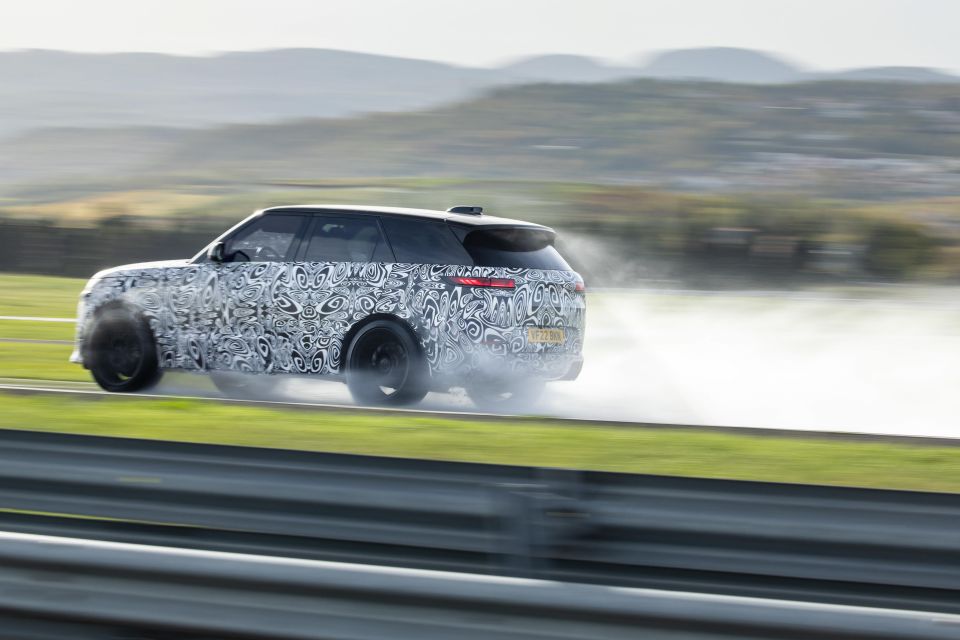
Things change when you start switching between the driving modes, and flicking into Sport firms up the ride and damping and increases the engine’s noise.
This flagship model uses a BMW-sourced twin-turbocharged 4.4-litre V8 to replace the old supercharged JLR V8. The good news is that it produces even more power than before and still sounds like thunder. Roll on the power at any speed and the nose rises a degree or two as it hunkers down for as long as you keep your right toe in.
A massive footprint of 285-section tyres at the front and 305-section rears means there are immense levels of grip in the corners, and a 10mm ride height reduction helps lower the centre of gravity.
SV mode is selected as we come to a temporary stop on the 1.6-kilometre straight. This mode dials up everything; the suspension drops by a further 15mm, and the hydraulic system builds up to its maximum operating level. Engage launch mode and the engine temporarily summons up an additional 36kW and ups the torque output to 800Nm.
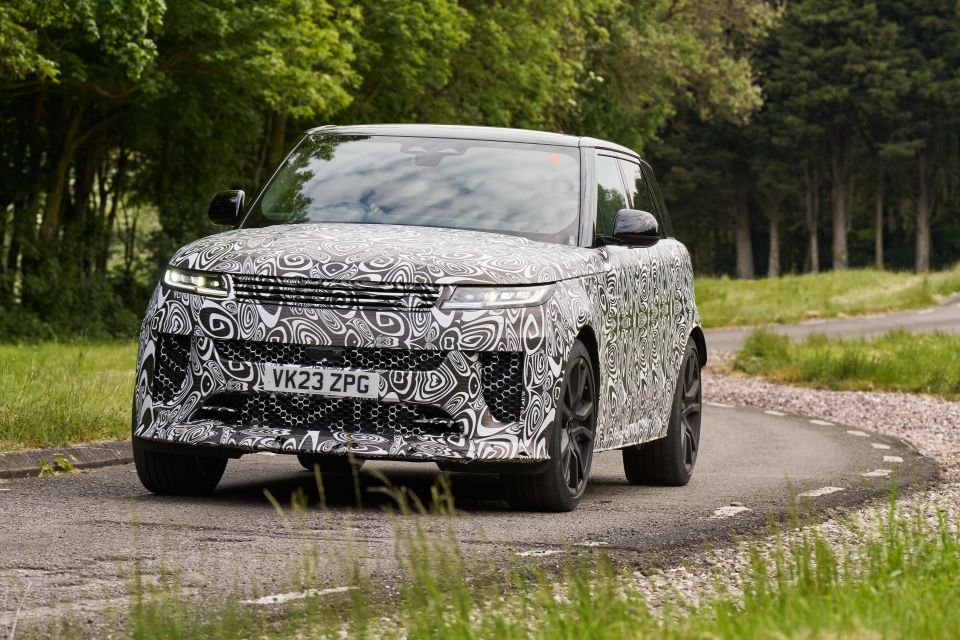
Acceleration from a standing start is phenomenal when considering the size and 2560kg weight. Our heads are pinned to the backs of the slender, figure-hugging seats. No need for trick seat vibrations at this moment.
The SUV slingshots forward. There’s no detectable movement from the nose, unlike its predecessor that would be squatting at the rear by now. This thing shifts forward in an almost eerie way.
The refresh rate of the digital instrument display is just about enough to keep up with the speed as it increases. The 0-100km/h dash takes just 3.8 seconds and it’s not much longer before we blast past the 200km/h barrier without even so much as a hint of hesitation from the powertrain.
That linearity of acceleration also carries through to the steering, which has been changed from the standard model’s ratio of 17.5:1 to 13.6:1, made possible by the use of rear-wheel steering. Only the smallest of inputs are required for lane changes at high speeds.
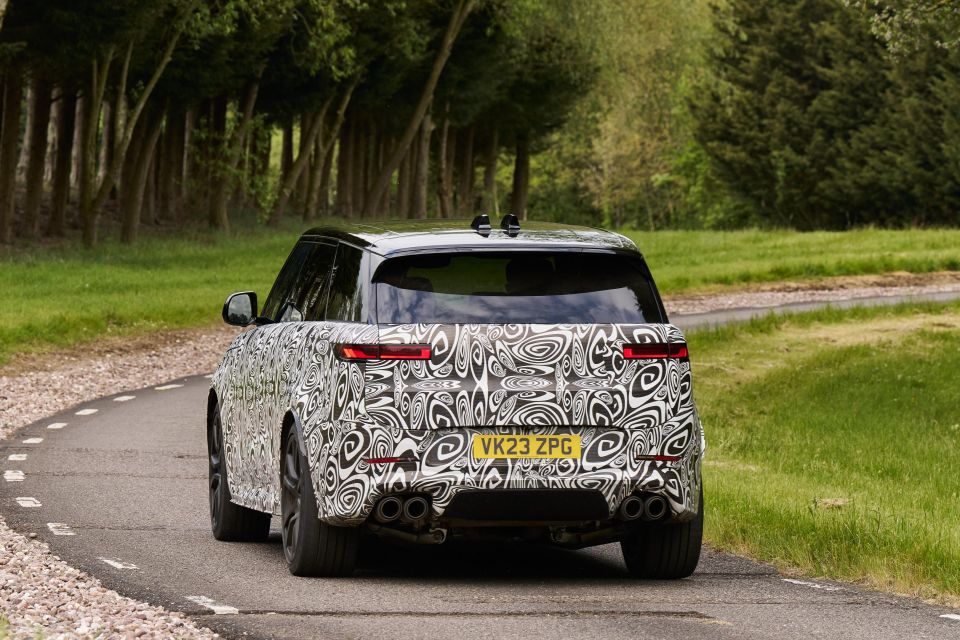
The SV is even more impressive when we get onto the tighter and more technical sections around the sprawling test facility.
Intentionally broken and tired stretches of tarmac are designed to recreate every possible real-world scenario and it’s here where the 6D suspension starts to get a proper workout.
Fast, sweeping bends demonstrate how much grip is available, as the V8 soundtrack booms through the cabin. Even from the passenger seat, there is a sense of how surefooted and planted the front axle is as we navigate direction changes – you can’t hear the tyres protesting one bit.
Quickly switching back to the comfort setting increases the ride height as we barrel down a bumpy road like a low-flying aircraft. That’s a suitable description as we momentarily get a little air over a jump, though it doesn’t faze Range Rover Sport SV in the slightest.
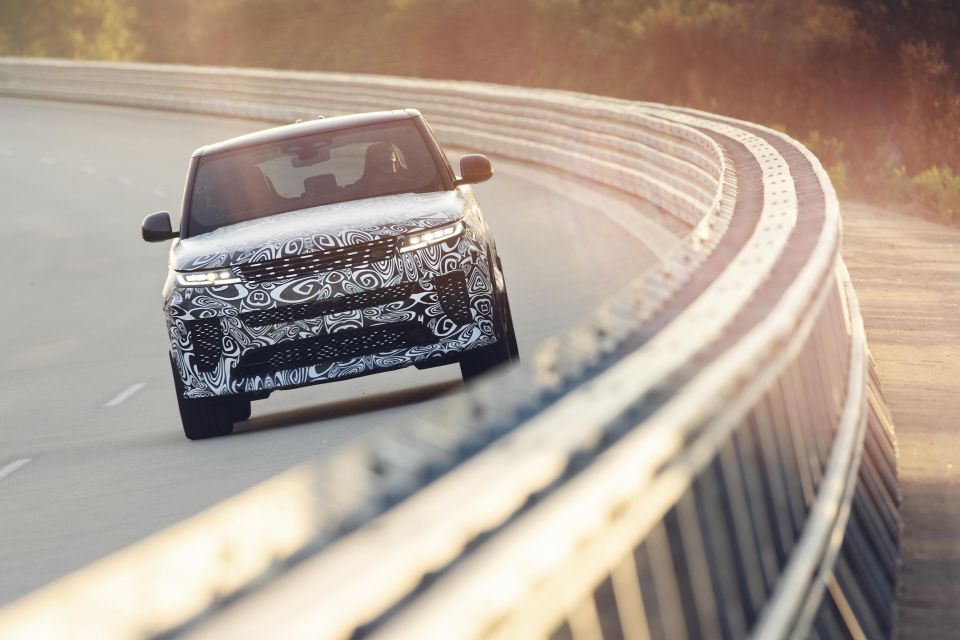
Across a back road, Restell admits the previous Range Rover Sport SVR would now struggle to keep up with this new generation.
That’s partly down to the additional power from the engine, but more to do with how the 6D Dynamics suspension gives it the ability to exploit that extra performance.
From an engineering standpoint, it is incredible how a car of this size can be made to perform.
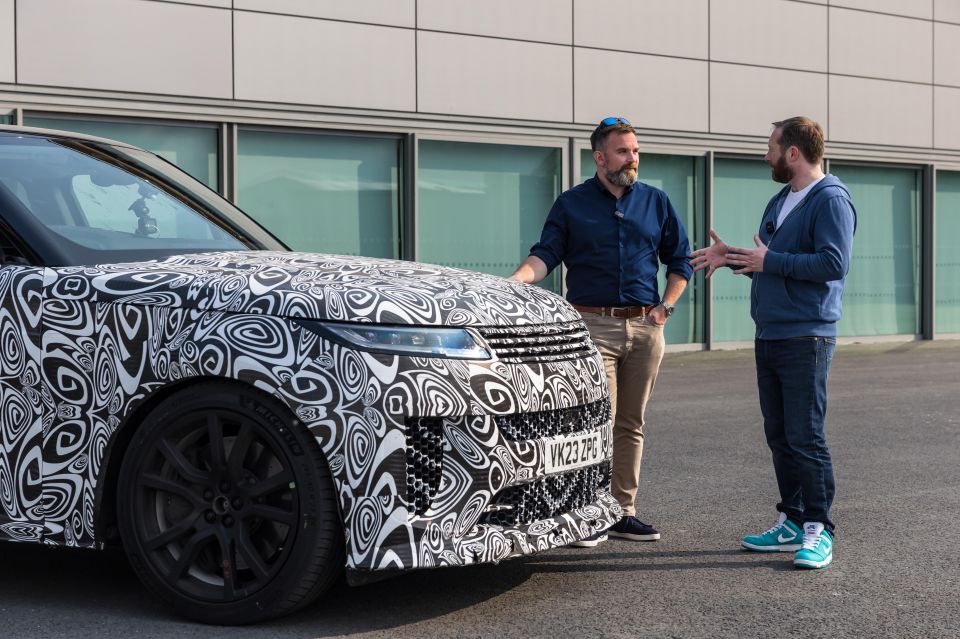
Few are ever likely to push the car to these limits, but it highlights just how competent the SV is and how much its new suspension transforms and unlocks the performance potential.
It does come with an eye-wateringly expensive price tag, and with the first year of production already sold out it’s set to remain an exclusive thing for the lucky few.
Few vehicles can provide the breadth of function that the Range Rover Sport SV does;, from hauling trailers to track days to taking on light trails, it seems little will hinder its progress.
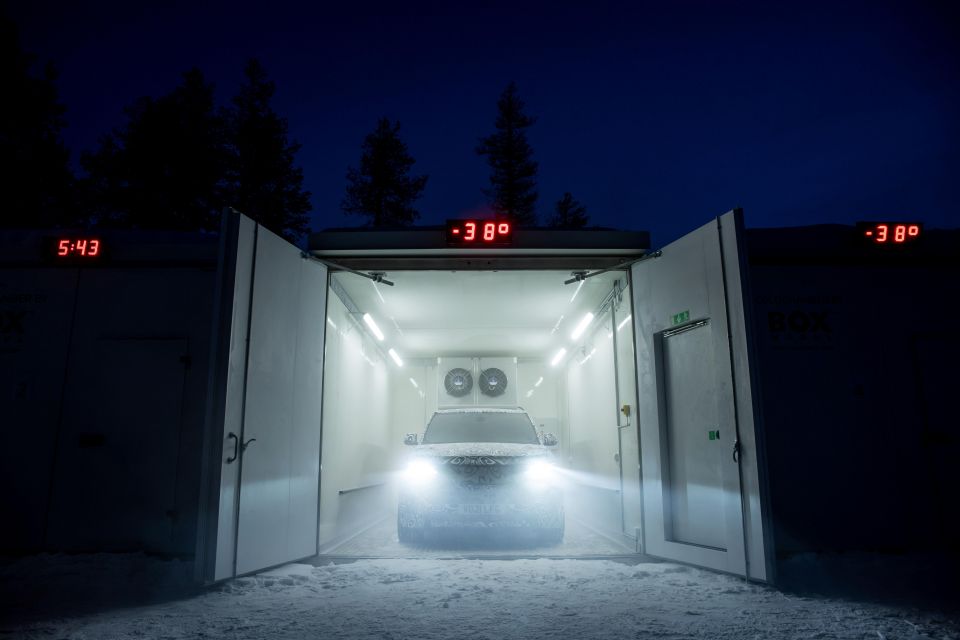
Click the images for the full gallery
Where expert car reviews meet expert car buying – CarExpert gives you trusted advice, personalised service and real savings on your next new car.


Matt Campbell
5 Days Ago


James Wong
4 Days Ago


Max Davies
3 Days Ago
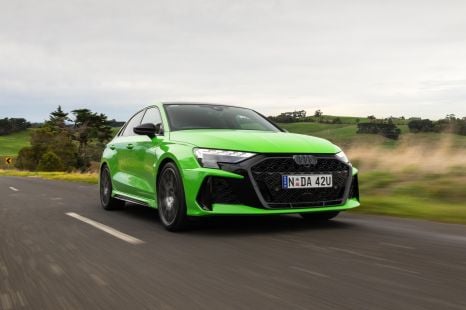

Josh Nevett
2 Days Ago
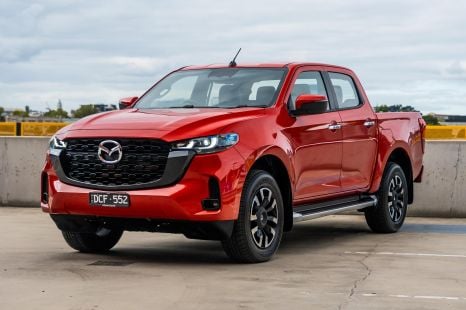

Josh Nevett
1 Day Ago
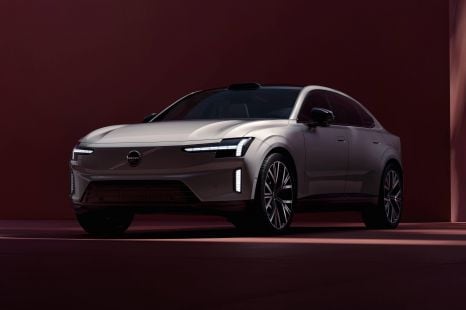

William Stopford
19 Hours Ago